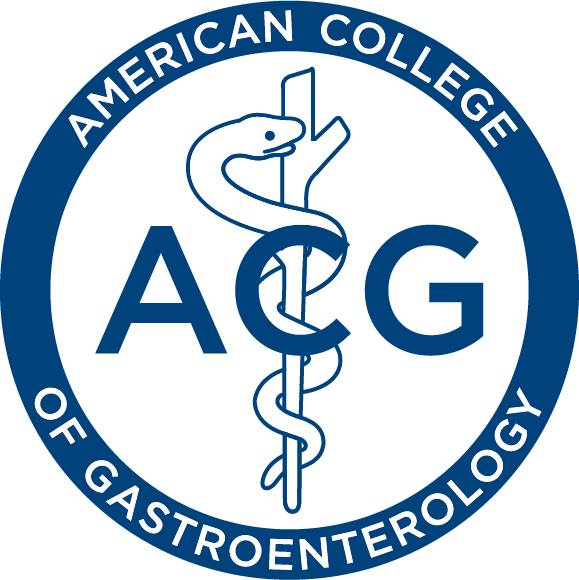Newswise — Las Vegas, NV, (October 22, 2012) – Clinical evidence of the safety and effectiveness of electrical stimulation of a muscular valve in the esophagus demonstrates promising results in resolving symptoms of gastroesophageal reflux (GERD) and is being presented at the 77th Annual Scientific Meeting of the American College of Gastroenterology in Las Vegas, NV.
Three studies examined small numbers of patients who had a device implanted that uses low energy electrical pulses to strengthen a weak or dysfunctional lower esophageal sphincter (LES) which is the underlying cause of GERD or acid reflux. The LES is the ring shaped muscular valve that keeps the acidic contents of the stomach from the esophagus, or food tube.
Two studies by investigators Michael Crowell, Ph.D., FACG of Mayo Clinic Scottsdale and Edy Soffer, MD, FACG of the University of Southern California looked at various endpoints including esophageal acid exposure, improvement in GERD symptoms, and reduction of use of acid-suppressing medications known as proton pump inhibitors. In a study of 25 patients, the investigators found that 77 percent of patients reported either normalization or at least a 50 percent reduction in PPI use. At 12 months after the implant of the device, there was a statistically significant improvement in patients’ scores on a scale measuring health-related quality of life for patients with GERD. The authors conclude, “Electrical stimulation of the lower esophageal sphincter is effective for treating patients with GERD over long-term year duration.” The authors reported relationships with the Netherlands-based EndoStim BV which manufactures the device.
In a separate and unrelated study, Arjan Bredenoord, MD and colleagues at the University Medical Center Utrecht in Rotterdam, The Netherlands, presented a study at ACG of eleven patients with refractory GERD symptoms with devices implanted in the LES. They found that ten of the eleven patients (91 percent) were able to discontinue PPI medications. Overall, their research revealed a statistically significant improvement in patients’ GERD symptoms, as well as a trend in improvement in their esophageal pH.
About the American College of GastroenterologyFounded in 1932, the American College of Gastroenterology (ACG) is an organization with an international membership of more than 12,000 individuals from 80 countries. The College is committed to serving the clinically oriented digestive disease specialist through its emphasis on scholarly practice, teaching and research. The mission of the College is to serve the evolving needs of physicians in the delivery of high quality, scientifically sound, humanistic, ethical, and cost-effective health care to gastroenterology patients. www.gi.org View releases on other research breaking at the ACG meeting at http://gi.org/media/press-releases-for-acg-annual-scientific-meeting/ Follow ACG on TwitterTweet,Follow #ACG2012# # #
MEDIA CONTACT
Register for reporter access to contact detailsCITATIONS
The American Journal of Gastroenterology
